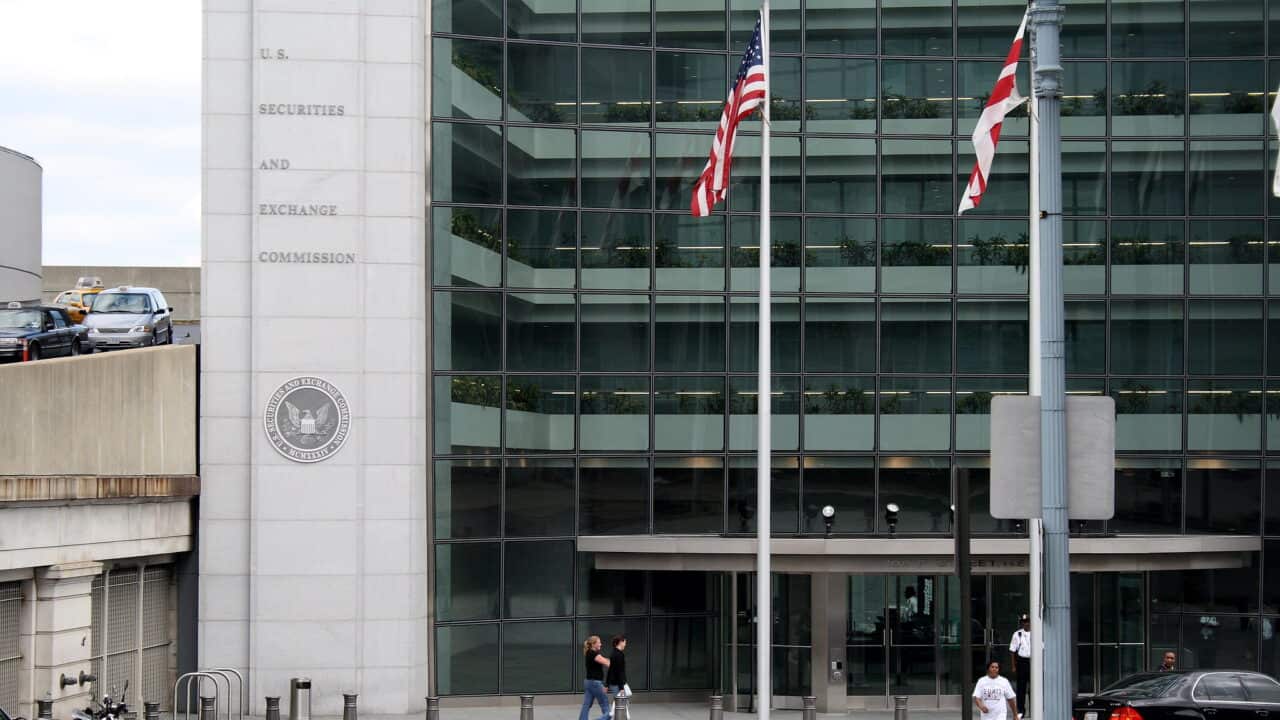 "U.S. Securities and Exchange Commission" by arsheffield is licensed under CC BY-NC 2.0
"U.S. Securities and Exchange Commission" by arsheffield is licensed under CC BY-NC 2.0
On April 9th, Americans for Tax Reform submitted a comment letter to the Securities and Exchange Commission’s Money Market Fund Reforms rule. Certain provisions of the rule, such as swing pricing, would weaken money market fund returns by impeding business operations and increasing the cost of MMF investment, thereby driving capital to other investment options. However, ATR approved of the SEC’s decision to disentangle liquidity thresholds from redemption gates and fees.
The letter begins by dismissing the myth of MMFs as volatile investments:
MMFs offer short term liquidity and stability for investors. The notion that the unique events of 2008 and 2020 are evidence of continuous market instability is inaccurate and falls under the misconception that MMFs are unsafe investments. In fact, the Federal Reserve has previously stated that MMFs are more stable than bank deposits. Currently there are approximately $4.5 trillion in MMF assets. Retail investors in MMFs and institutional investors in MMFs, such as pension plans, corporations, and municipalities all benefit from the stability and soundness of MMFs.
To that end, the letter rejects the rule’s MMF swing pricing procedures as punitive and impractical to implement:
Between the punitive effects of swing pricing and the lower yields received from MMFs, institutional investors could decide to withdraw entirely from MMFs. Additionally, the burdensome and continuous data calculations to make swing pricing work is expensive and would surely increase costs on MMFs and thus increase the cost to invest… Swing factors are also unlikely to deter investors from redeeming their money. The fear of dilution is not why investors participate in redemptions. In practice, investors redeem to ‘deploy their assets for other uses or adjusting their investment portfolios based on changes in circumstances or risk tolerances.’ […] Swing pricing poses tax reporting difficulties for retail investors. MMFs with floating and stable NAVs are exempt from gross proceeds tax reporting requirements because of the nature of MMFs. If swing pricing is implemented, retail investors could potentially have to report capital gains or losses unless the Treasury Department clarifies that they are exempt from reporting.
The letter continues by advocating for greater MMF management independence in ensuring market stability and fund liquidity:
Should a fund manager decide to pursue a floating NAV MMF in a negative rate environment, they should be allowed to do so. Conversely, if a sponsor would prefer to maintain a stable NAV for their government and retail funds, they should be afforded the flexibility to pursue policies that they feel best complement their funds and the best interests of their investors. The Proposal’s decision to restrict MMFs from participating in share cancellations and reverse stock splits is myopic. The SEC offers no substantive evidence for why it should ‘prohibit money market funds from operating a reverse distribution mechanism, routine reverse stock split, or other device that would periodically reduce the number of the fund’s outstanding shares to maintain a stable share price.’ Any reforms that are adopted should only focus on institutional prime funds that carry more risk.
However, the letter commends the SEC’s decision to decouple liquidity thresholds and redemption fee and gate provisions:
The SEC is taking the right approach by removing the requirement enacted in 2016, which authorizes funds to impose fees or gates if their weekly liquid assets fall below 30 percent. Currently, retail prime funds are subjected to the same fees and gates requirements as institutional prime funds. Removing the tie between the threshold and the gates and fees will also benefit retail investors. Another alternative could be to allow funds to decide whether to impose a fee based on a multiplicity of factors that make it apparent that there is real stress in the market and redemptions are not just a result of institutional investors fearing that a fund might pass an arbitrary threshold and restrict them from redeeming their money.
The letter then qualifies its support by advising against punitively raising MMF liquidity thresholds:
Increasing the liquidity thresholds for MMFs is not based on observations of systemic and repetitive instances of severe instability within the market… The new liquidity thresholds in the Proposal will likely achieve the goal of enhanced stability for institutional prime funds. However, the change could also slightly lower yields for investors because funds may have to sell off longer-term, higher-yielding securities in favor of short-term, lower-yielding securities to meet liquidity requirements. Any final modifications the SEC makes to liquidity thresholds should focus on market stability without imposing requirements that unnecessarily hamper returns to investors… The SEC’s decision to prescribe elevated liquidity thresholds to all MMFs without consideration of the actual risk and lack of evidence of instability is an arbitrary and capricious determination.
The letter closes by opposing the application of a floating NAV to retail funds, the establishment of a liquidity exchange bank, the imposition of capital buffers or a minimum risk balance, and excessive record-keeping guidelines as burdensome, ineffective, and costly, concluding with the following message:
Proposals such as mandating swing pricing for large redemptions in MMFs are incompatible with certain business models and will raise the cost of investing. MMFs should not be subjected to overburdensome mandates. Instead, the SEC should provide the tools necessary for MMFs to combat instability and excessive redemptions. This will preserve investor confidence, maximize returns, and preserve liquidity and stability in one of the safest and most reliable investment options for institutions and individuals.
Click here to read the full comment letter.

